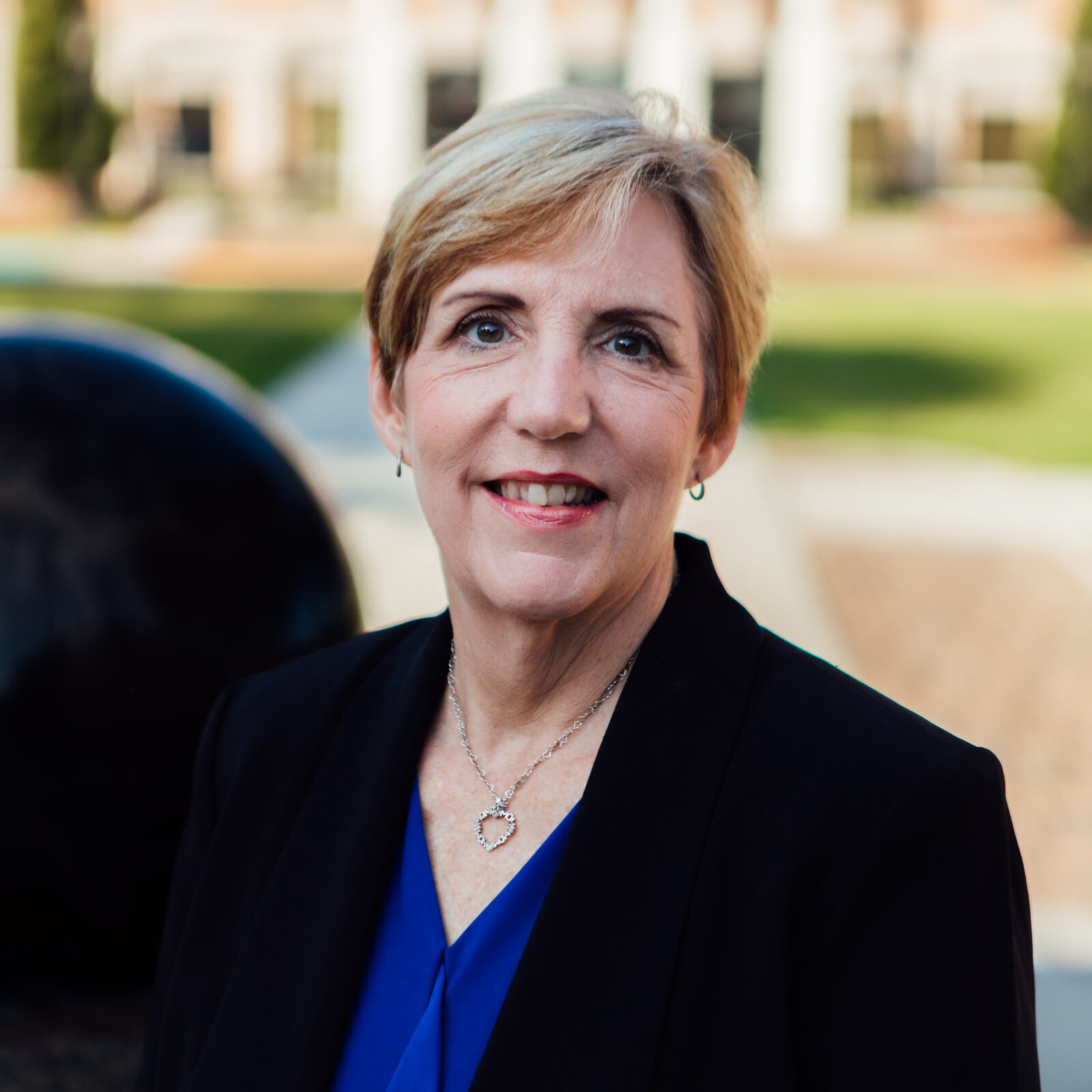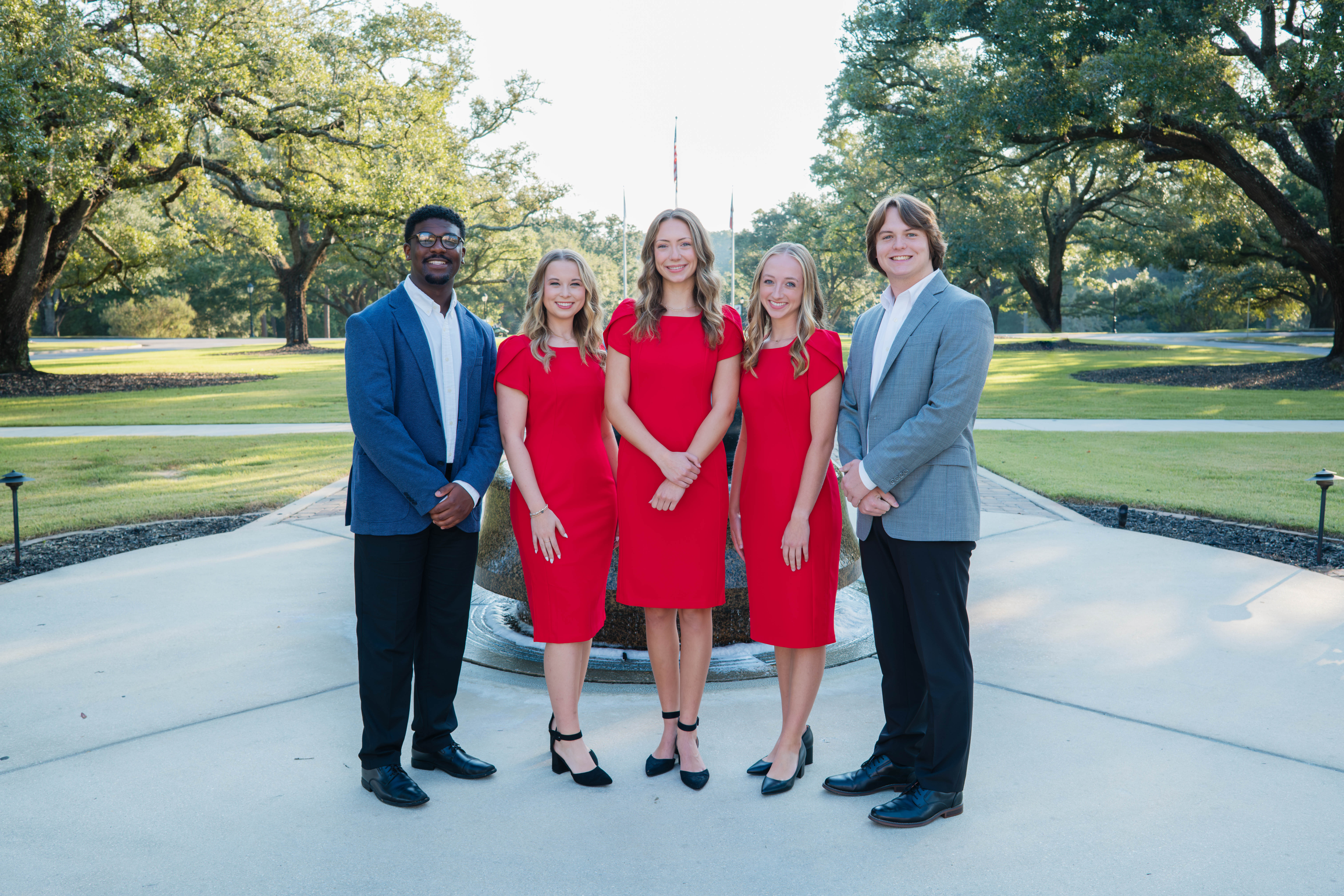8 Tips to Make Your College Decision Easier

If you’re a high school junior or senior, you’ve probably heard the question a thousand times: Where are you going to college? If you don’t have the answer yet, you’re not alone.
Choosing the best college for you can be overwhelming. There are over 5,300 to choose from in the United States alone, and so many of them look like they could be the one for you. It’s a major life decision, a lot of money and time is at stake, and the whole process can be overwhelming. Even with a vast amount of information available, you may not know where to start.
Fortunately, enrollment counselors at the University of Mobile have a lot of experience helping high school students and their families navigate the college decision process. They offer these 8 tips to help make your college decision easier.
1. Identify what you’re looking for. Make a list of things you want from a college. Having an idea of what you really want and what you expect to have accomplished four years down the road makes the search a little easier. If you have selected your field of study, see which colleges excel in those areas. If you are unsure of your major, don’t worry – one national survey says 80 percent of college students change their major at least once.
Look at other factors that would make your college experience enjoyable, such as location, size and student-to-faculty ratio. Students at the University of Mobile say they chose UM because of its strong academic program and 13:1 student-to-faculty ratio, focus on mentoring and experiential learning, Christ-centered culture, 4-day academic week and short distance to the Gulf Coast beaches. What are you looking for in a college?
2. Check for accreditation. Make sure the college you’re interested in is accredited by a reputable agency such as the Southern Association of Colleges and Schools that accredits the University of Mobile.
3. Find out the student-to-faculty ratio. Ask an enrollment counselor about the student-to-faculty ratio and average class size. These numbers indicate the likelihood of having one-on-one personal attention from your professor. UM’s student-to-faculty ratio is 13:1. Faculty choose to teach at UM because they want to build relationships and mentor students, so you can expect to be known by your professors.
Also, determine who will be teaching you. In many larger universities a graduate student will actually be the one teaching the class, and you may never see the professor. At the University of Mobile, classes are taught by faculty, not graduate students.
4. Investigate campus life. There is more to college life than classes. You also learn and grow through campus activities. At the University of Mobile, there are championship athletic teams to cheer on to victory, as well as a variety of academic, social and spiritual life events. A culture of service is important at UM. Project Serve is an annual university-wide day of service at nearly 60 locations across two counties. Chapel and worship events on campus help you grow in your faith.
5. Listen to friends. Listen to what others are saying about their college choice. However, take their recommendations with a grain of salt. Realize their experiences may not be an indication of what you can expect. Their experiences, however, may spark some questions you can ask on your campus visit.
6. Go online. The COVID-19 pandemic has changed some things about the college search process, since most high schools are not hosting college fairs. But you still have plenty of resources to make your best decision.
A university’s website is a great way to preview the school before you actually visit it. Look for information about admissions, financial aid, selected areas of study and campus life. You can take a virtual one-on-one tour, and get an overview of campus with a drone tour. UM’s social media can give you an inside look at student life and the university experience.
The University of Mobile’s website at umobile.edu has information on over 75 academic programs, scholarships and financial aid. You can sign up to visit campus at a UM Day, or schedule a private visit.
7. Contact the Admissions Office. The admissions office can help you with any information you need about the school and can also field many questions or concerns you may have. Enrollment counselors are there to help you in making this decision; they welcome your call. At UM, you will be assigned an enrollment counselor who will work one-on-one with you to help you apply for admission, financial aid and scholarships. They can answer your questions and arrange for you to talk with a professor in your field of study. To talk with a UM admissions counselor, call 251.442.2222 or 1.800.WIN.RAMS, or go to the admissions tab at umobile.edu.
8. Visit campus. The best way to find out if a college is right for you is to visit. Most colleges have special days set aside for high school students to visit. The University of Mobile hosts several UM Days each semester.
The University of Mobile is following CDC guidelines while hosting private campus visits and UM Days. In addition to experiencing the college campus in person, at UM, you can earn a $2,000 scholarship just for visiting, when you apply and enroll.
UM Assistant Director of Admissions Faith Baker says other good times to visit are during your high school breaks. Teacher work days, school holidays, spring break and, if you live nearby, after school are all good times to visit the college campus.
Something UM enrollment counselors hear over and over from students is that they knew the moment they stepped on campus that UM would be their college home. The campus visit can be the deciding factor for choosing the best college for you, so go ahead and schedule a campus visit today!

Kathy Dean uses her passion for storytelling and “playing with words” to share the stories of people, place and purpose that make the University of Mobile unique. As associate vice president for university communications, she manages media relations, edits the TorchLight alumni magazine, and oversees university communications. A former award-winning journalist, she is a two-time recipient of the Baptist Communicators Association grand prize for feature writing. Kathy and her husband, Chuck, live with three extremely loud miniature schnauzers.



